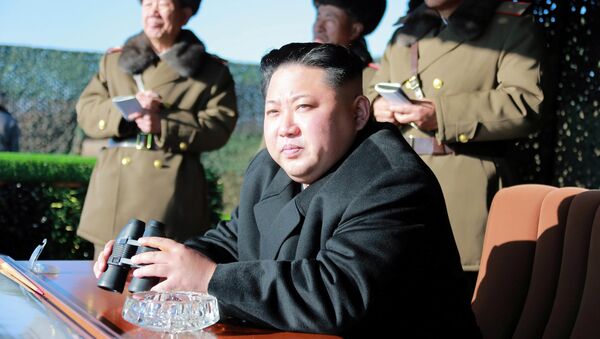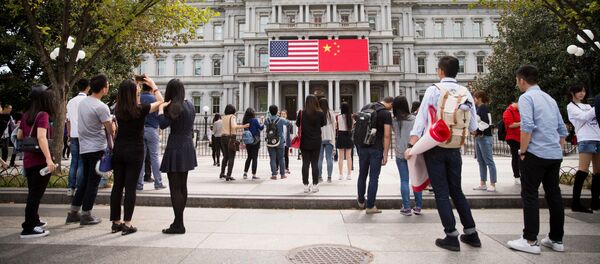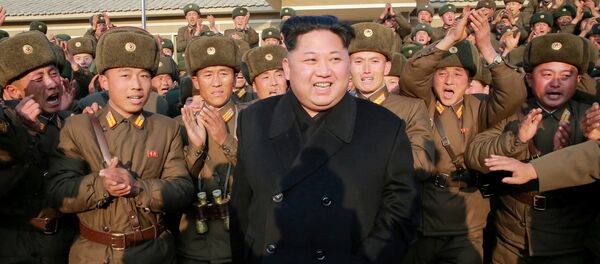Earlier, North Korea reportedly launched a ballistic missile towards the Sea of Japan. The launch comes ahead of talks in Florida between US President Donald Trump and his Chinese counterpart Xi Jinping.
Although some experts believe that the move was a kind of political protest aimed at undermining the upcoming negotiations, Zhao, on the contrary, argued that in this way Pyongyang demonstrated its desperate willingness to engage in dialogue with other countries, including the US.
"It could be meant as a signal that — if the Trump administration doesn't engage with North Korea — North Korea can conduct a more destructive missile test. So, it is a call for diplomacy, to some extent," the expert said.
"North Korea is very interested in engaging with the Trump administration. However, all evidence points at the imposing more coercive pressure on North Korea, imposing more pressure on China to press North Korea. So, North Korea is increasingly disappointed with the Trump administration. But I think […] it is willing to keep the door open for a possible diplomatic engagement, which is why it is using its technical missile tests to tell the Trump administration that it has full capability to maintain a very credible nuclear deterrence," he continued.
During the upcoming meeting, the Chinese and US presidents are expected to discuss many issues, however the North Korean nuclear program will remain the topic of the highest priority, the expert argued.
"I think North Korea is going to receive a very high priority on the meeting agenda between President Xi and President Trump. All the evidence shows that Trump is going to put more pressure on China asking China to tighten economic sanctions against North Korea, better implement existing sanctions and etc. It might even threaten so called secondary sanctions against Chinese companies and banks that do business with North Korea," Zhao said.
The statements came right after North Korea's latest reported ballistic missile test Wednesday. The Pukguksong-2 medium-range ballistic missile fell into the Sea of Japan, according to the South Korean military.
However, Zhao believes that he doesn't see that any new options could be offered by any of the parties.
According to him, "China doesn't believe that coercive measures can change North Korea's nuclear policy."
Moreover, "on the Chinese side there is not much room for China actually to impose more economic sanctions against North Korea. Most of the measures have been already implemented. […] I don't think China can do more in that regard. So, there is going to be a very heated debate during the summit on North Korea," the expert concluded.



